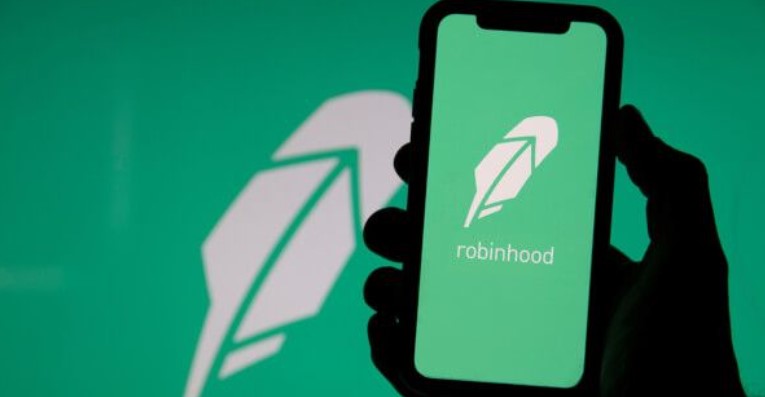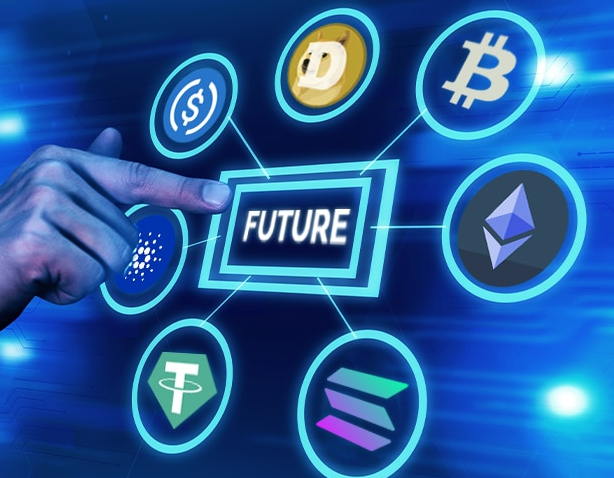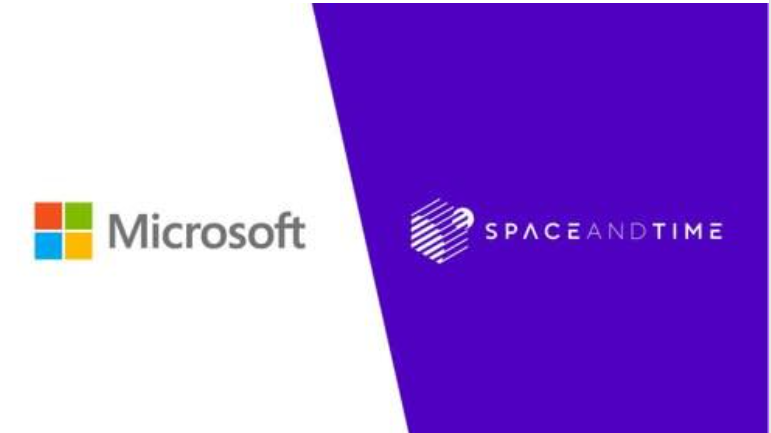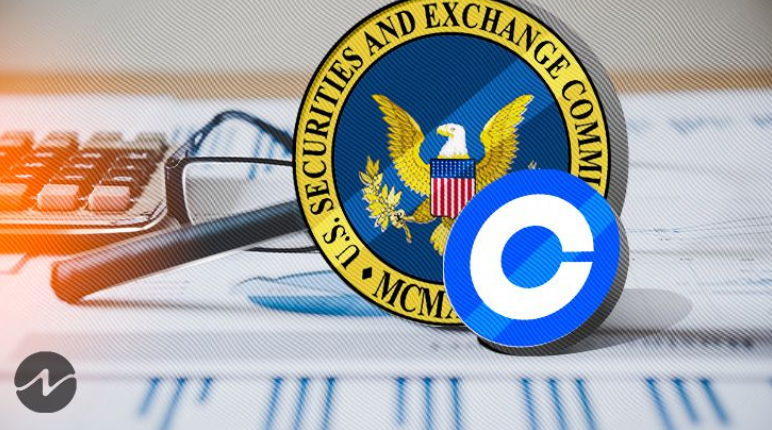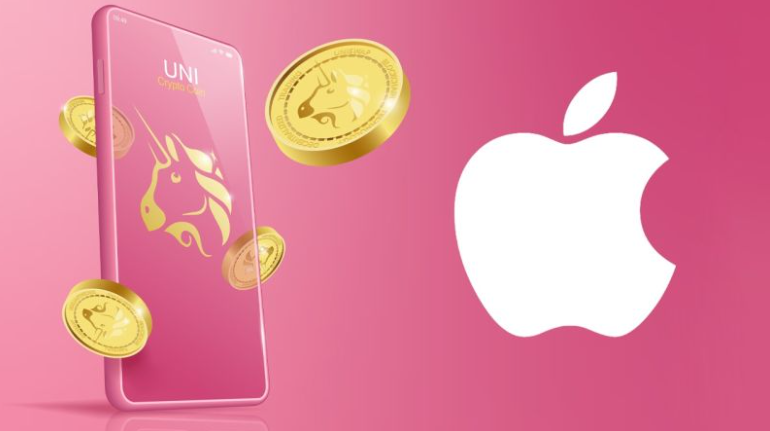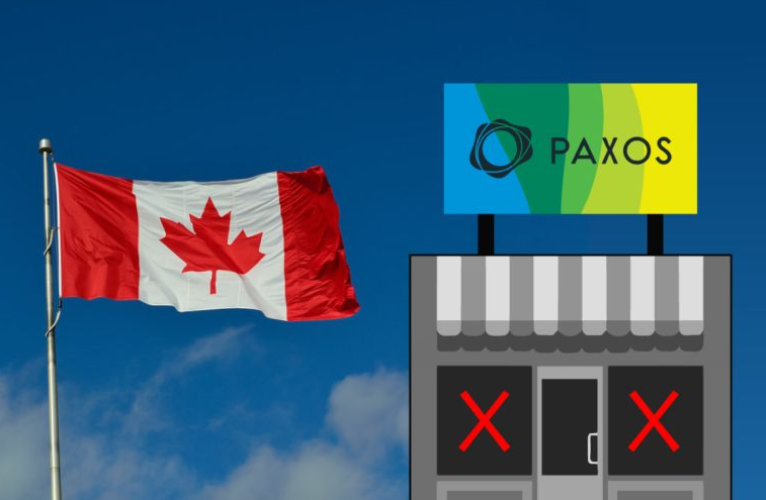In recent years, the world of finance has been dramatically disrupted by the emergence of cryptocurrencies. These digital funds have fundamentally changed how we think about money, investment, and global transactions. In this article, we will delve into the basics of cryptocurrency, introducing Bitcoin and other prominent digital currencies and exploring the underlying technology that powers them.
What is Cryptocurrency?
A cryptocurrency is a digital or virtual currency that utilizes cryptography to secure transactions, control the creation of new units, and verify the transfer of assets. Unlike traditional currencies, cryptos operate on a decentralized network of computers, allowing for greater autonomy, transparency, and security.
The Birth of Bitcoin: The Pioneer of Cryptocurrency
Bitcoin, created in 2009 by an individual or group using Satoshi Nakamotos pseudonym, is the first and most well-known cryptocurrency. It was designed to solve the problem of double-spending in digital transactions, an issue that plagued earlier attempts at creating digital currencies. By leveraging a groundbreaking technology known as the blockchain, Bitcoin enables secure, transparent, and efficient transactions without a central authority.
Blockchain Technology: The Backbone of Cryptocurrency
At the core of cryptocurrencies is blockchain technology, a digital ledger that records transactions across a decentralized network of computers. Each transaction is grouped with others into a "block," which is then added to the "chain" of previously verified blocks. This process creates a transparent and tamper-proof record of all transactions, ensuring integrity and security.
The World of Cryptocurrencies: Beyond Bitcoin
While Bitcoin is the most famous cryptocurrency, thousands of digital currencies are now available, each with unique features and applications. Some of the most notable cryptocurrencies include:
- Ethereum: Launched in 2015, Ethereum is a platform that enables developers to create decentralized applications (dApps) using smart contracts (self-executing protocols with the terms directly written into code). Ether (ETH) is the native currency of the Ethereum network and is used to facilitate transactions and pay for computational services.
- Ripple (XRP): Ripple is a real-time gross settlement system, currency exchange, and remittance network facilitating fast and low-cost international transactions. XRP is the native digital asset of the Ripple network and is used as a bridge currency for cross-border payments.
- Litecoin (LTC): Created in 2011 as an alternative to Bitcoin, Litecoin offers faster transaction confirmation times and a more efficient mining process. Litecoin aims to provide a more scalable and accessible cryptocurrency for everyday use.
Cryptocurrency Mining: The Process of Creating New Coins
Cryptocurrency mining is validating transactions and adding new blocks to the blockchain. Miners use powerful computers to solve complex mathematical problems that validate transactions. Once a problem is solved, a new block is added to the blockchain, and the miner is rewarded with a certain amount of cryptocurrency. This process maintains the blockchain&s security and integrity while creating new coins.
Investing in Cryptocurrencies: Risks and Rewards
Investing in cryptocurrencies has become increasingly popular as more people recognize the potential for high returns. However, its essential to understand the risks involved, as the cryptocurrency market is known for its volatility. Before investing, conducting thorough research, diversifying your portfolio, and only spend what you can afford to lose is crucial.
The Future of Cryptocurrencies: Challenges and Opportunities
As crypto and blockchain continue to gain traction, they face various challenges, including regulatory scrutiny, scalability, and energy consumption. However, they also present significant opportunities for innovation, financial inclusion, and new applications and services development. This section will explore some of the challenges and opportunities for the world of cryptocurrencies.
Regulatory Challenges: Navigating the Legal Landscape
As the adoption of cryptocurrencies increases, so does the attention from regulatory bodies. Governments worldwide are grappling with creating a legal framework that balances innovation, security, and consumer protection. While some countries have embraced cryptocurrencies and implemented favorable regulations, others have taken a more cautious or hostile approach, imposing strict restrictions or outright bans. A harmonized global regulatory landscape is essential for cryptocurrencies to thrive, allowing for seamless cross-border transactions and fostering innovation.
Scalability: Addressing the Growing Demand
As more people and businesses adopt cryptocurrencies, networks must be able to handle increased transaction volumes. Scalability has been a persistent issue for popular cryptocurrencies like Bitcoin and Ethereum, leading to slow transaction times and higher fees during periods of high demand. The development of new technologies, such as sharding, sidechains, and the Lightning Network, aims to address these challenges and improve cryptocurrencies overall efficiency and usability.
Environmental Concerns: The Energy Cost of Cryptocurrency Mining
The energy-intensive nature of cryptocurrency mining, particularly for proof-of-work (PoW) based currencies like Bitcoin, has raised environmental concerns. To address this issue, some cryptocurrencies have adopted alternative consensus mechanisms, such as proof-of-stake (PoS), which require significantly less energy. Additionally, the industry is exploring renewable energy sources to power mining operations, reducing the overall carbon footprint.
Financial Inclusion and Empowerment: Democratizing Access to Financial Services
One of the most promising aspects of cryptocurrencies is their potential to promote financial inclusion. An estimated 1.7 billion people worldwide lack access to formal financial services, often due to the high costs and barriers associated with traditional banking. Cryptocurrencies, with their low transaction fees and accessibility through smartphones, present an opportunity to provide these individuals with access to financial services, empowering them to participate in the global economy.
Innovations in Decentralized Finance (DeFi) and Non-Fungible Tokens (NFTs)
Cryptocurrencies have also given birth to new financial applications and services. Decentralized finance (DeFi) platforms, built on blockchain technology, offer various financial services, including lending, borrowing, and asset management, without intermediaries. Non-fungible tokens (NFTs) have opened new avenues for digital art and collectibles, allowing artists and creators to monetize their work while maintaining ownership and control.
In conclusion, cryptocurrencies have come a long way since the inception of Bitcoin in 2009. As we navigate the challenges and capitalize on the opportunities, the world of digital currencies continues to evolve, presenting new possibilities for innovation, investment, and financial empowerment.

